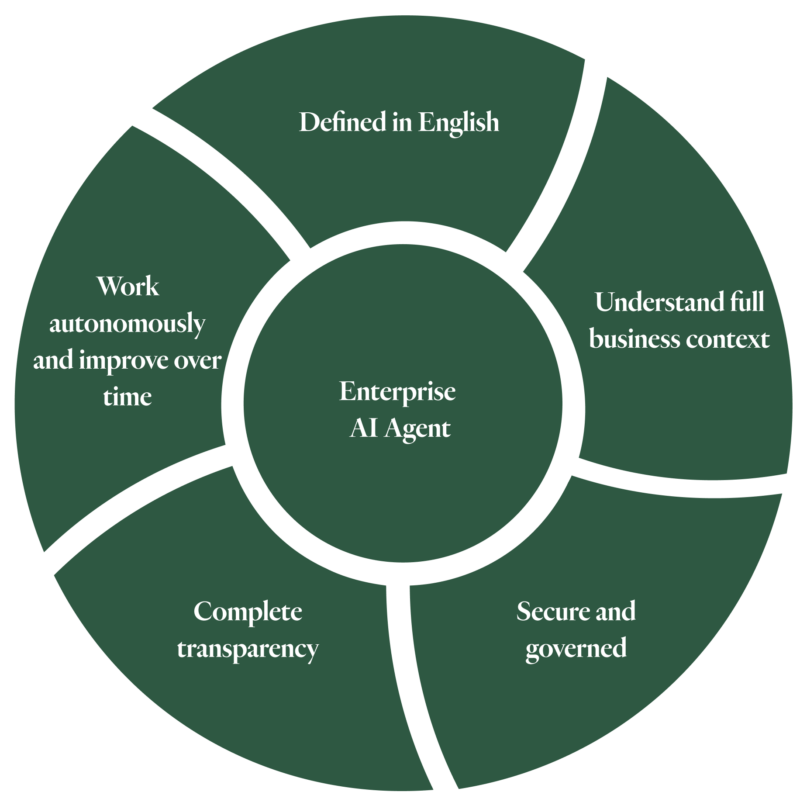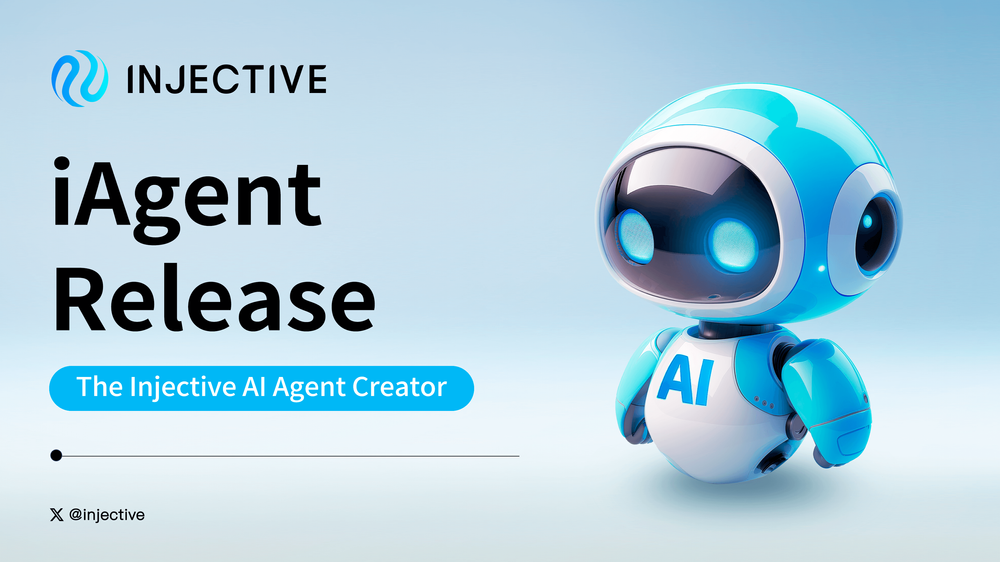Here are ten ways that businesses can benefit from AI agents to enhance the performance of Accounts Receivable (AR) in their financial processes:
1. Automated invoice generation and delivery
AI agents automate invoicing by:
Creating invoices automatically using contracts or orders, or on completed milestones.
Invoices can be sent to customers via the channels they prefer, such as email or integrated portals.
2. Intelligent Payment Reminders
AI enhances collection efforts by:
Customized payment reminders sent out in response to customer behaviour.
To increase the chance that you'll be able to pay on time to avoid late fees, it's an excellent idea to organize your reminders.
3. Predictive Payment Behaviour Analysis
AI analyzes customer data to:
Predict when customers are likely to pay.
Find out which accounts are at risk of late payment and take appropriate actions.
4. Real-Time Credit Risk Assessment
AI lowers credit risk through:
Assessing creditworthiness for customers in real-time.
The idea of recommending credit limits and payment terms Based on the financial history of the company and patterns.
5. Automated Cash Application
AI improves the payment process through:
Automated matching of invoices to payments regardless of differences.
It reduces the manual effort required for reconciliation of cash.
6. Enhanced Dispute Resolution
AI facilitates quick resolution of AR disputes by:
Finding errors or discrepancies on payments and invoices.
Automating documentation collection to speed up resolution.
7. Dynamic Aging Reports
AI offers actionable AR by:
Real-time generation and processing of aging reports for accounts that are overdue.
Highlighting the most important collections to the AR team.
8. Dunning Optimization Strategies
AI customizes follow-up processes by:
Implementing a tiered escalation system to deal with accounts due.
Adjusting communication tone and frequency according to patterns of customer responses.
9. Fraud Detection on Payments
AI detects anomalies using:
Recognizing unusual payment patterns, such as excessive payments or unusual activity on your account.
It is crucial to identify any potential frauds and have them investigated further.
10. Integration Financial Systems
AI ensures a seamless flow of data through:
Synchronizing AR data with ERP CRM and Accounting Software
A single source of information for all customer payments and account balances.
AI agents automatize and improve AR processes, allowing businesses to boost their cash flow and decrease operational expenses. This enhances the financial stability of an enterprise. Have a look at the best AI agent for Subscription Services for blog advice including AI agent for supplier performance tracking, AI agent for document redaction, AI agent for risk management, AI agent for document redaction, AI agent for contract review, AI agent for contracts, AI agent for billing, AI agent for customer credits, AI agent for access control management, AI agent for market research summarization and more.

Ten Ways That Businesses Can Utilize Ai Agents To Detect Fraud And Reduce Risk
AI agents can aid businesses detect fraud and reduce risk by detecting it early.
1. Real-time Monitoring of Transactions
Artificial Intelligence (AI) agents are able to detect suspicious activity in the following areas:
Continuously monitor financial transactions in real time.
The flagging of transactions that are not in line with typical patterns, such as excessively large amounts of money, fast transactions, or irregular timings.
2. Anomaly Detection
AI assists in identifying unusual behaviors by:
Using machine learning algorithm to analyze transactional history and find outliers.
Recognizing patterns which may indicate the possibility of fraud. For example, repeated inability to pay or sudden increases.
3. Predictive Risk Assessment
AI can be used to predict the likelihood of future risks.
Examining historical data to determine the likelihood that certain financial risks or fraudulent activities are likely to occur.
Flagging accounts and transactions that are in line with high-risk profiles, based on prior incidents.
4. Biometrics employing behavioral data
AI agents can be used to analyze user behaviour by:
Monitoring the way that users interact with the financial platform (e.g. the speed of typing or mouse movements).
You can detect identity theft by detecting unusual or inconsistent behaviour.
5. Automated alerts for suspicious activity
AI gives instant alerts via:
Notifying risk managers and compliance officers of suspicious activity.
Automated workflows like account locking out, or fraud investigation.
Credit Risk and Scores
AI helps to assess customer creditworthiness:
The ability to predict the probability of default or fraud through analyzing the financial history of customers.
Businesses can reduce risk by adjusting credit scores in a dynamic manner based on their actual behavior.
7. Natural Language Processing (NLP) for Document Fraud Detection
AI can recognize fake documents using:
It is essential to check invoices, contracts, financial documents, as well as other documents related to them to check for any irregularities, alterations data, or forgery.
NLP algorithms are employed to identify textual and context differences that could indicate fraud.
8. Screening vendors and customers
AI helps reduce fraud by:
Background checks using AI for customers and vendors can be performed by using public documents, financial histories, and social media profiles.
It is essential to identify organizations that are at risk for a more thorough analysis before you proceed with any transactions or contracts.
9. Compliance Monitoring
AI ensures that compliance with the law is maintained through:
Continuously monitor financial operations for compliance with current regulations.
Automating audits to ensure compliance, and reporting helps businesses to identify and prevent financial fraud.
10. Machine Learning for Continuous Fraud Detection Improvement
AI agents improve with time, based on:
Machine learning is used to learn and adapt with new strategies and tactics for fraud.
New data training is required for improving models for detecting fraud.
Companies can enhance efficiency and security through the use of AI in fraud detection and risk assessment. They'll be in a position to remain up to date with risks, protect their assets in the financial sector and ensure compliance. View the top AI agent for Loan Management for website advice including AI agent for interviewing, AI agent for data privacy compliance, AI agent for software bug tracking, AI agent for expense management, AI agent for cash application, AI agent for compliance assurance, AI agent for emAIl campAIgn personalization, AI agent for intellectual property, AI agent for billing collections, AI agent for contract compliance and more.

Ai Agents Can Reduce Costs In 10 Different Ways.
AI agents are able to cut costs for financial services by ten ways.
1. Automating Routine Tasks
AI agents are able manage repetitive tasks
Automating manual processes like invoice processing. Data entry and transaction matching. This frees valuable time for your employees.
Lowering operating costs by reducing the number of additional personnel required for regular tasks.
2. Improving accuracy and reducing errors
AI reduces the costs of human error through:
Reduce the risk of human mistakes in financial data, like inaccurate calculations, errors in data entry or expensive penalties.
Improve the accuracy of the financial reporting, billing and reconciliation, while cutting down on the cost of rework and penalties.
3. Optimizing Cash Management
AI enhances cash flow by:
Predicting and recommending optimal payments and collection times to avoid late charges and missed discounts.
The analysis of payment history will help to identify trends and improve the ability of businesses to plan for seasonal fluctuations, reducing stress in cash flow.
4. Enhancing Expense Management
AI helps in managing and controlling expenses through:
Automatically monitoring, categorizing, and reviewing expenses and identifying areas where expenses can be minimized or optimized.
Suggestions for cost-savings include negotiating better vendor terms or identifying the expenses that aren't performing.
5. Streamlining Financial Reporting
AI reduces the costs of reporting:
Automate the production of financial statements, and ensure that they conform to accounting standards. This eliminates the need for manual work.
The report creation process can be speeded up to allow decision makers to make quick decisions without the need to spend resources on lengthy reports.
6. Fraud Prevention and Detection
AI reduces fraud costs by:
The risk of financial fraud can be minimized by constantly monitoring transactions and looking for suspicious behavior.
Automating the process of identifying fraud reduces the expense of conducting a manual investigation and potential financial losses caused by fraud.
7. AI-driven Predictive Analytics
AI can cut costs by up to
Predictive analytics are a great tool to identify inefficiencies such as the over-staffing of employees or under-utilization of resources and recommend improvements.
The ability to predict trends and patterns in the near future enables businesses to make intelligent business decisions that cut down on waste, increase spending, and cut expenses.
8. Optimizing the Vendor and Supplier payment process
AI helps reduce vendor-related costs by:
Examining the history of payments and suggesting the best time to negotiate terms for payments or take advantage of early discount rates on payments.
Automatically finding discrepancies, and solving them in invoices from vendors.
9. Automating Compliance and Regulatory Tasks
AI reduces costs of compliance by:
Automating regulatory report generation and auditing, to ensure the compliance of clients in a timely manner with the least amount of manual effort.
Reduce fines and penalties resulting due to late or incorrect reports by automatically following the required compliance steps.
10. Improving the process of making decisions and resource allocation
AI helps to improve resource allocation by:
Data-driven insights that help maximize the financial operation's spending including budgeting and investing decisions.
Helping decision makers identify which areas of investment are most lucrative, while reducing inefficient or unprofitable expenditures.
AI agents can be utilized to improve financial workflows and cut expenses. View the best AI agent for Vendor Onboarding for blog recommendations including AI agent for patent filing preparation, AI agent for debit memo verification, AI agent for policy adherence, AI agent for data privacy compliance, AI agent for employee benefits management, AI agent for help desk support, AI agent for variance analysis, AI agent for payroll processing, AI agent for code documentation, AI agent for recruitment and staffing and more.
